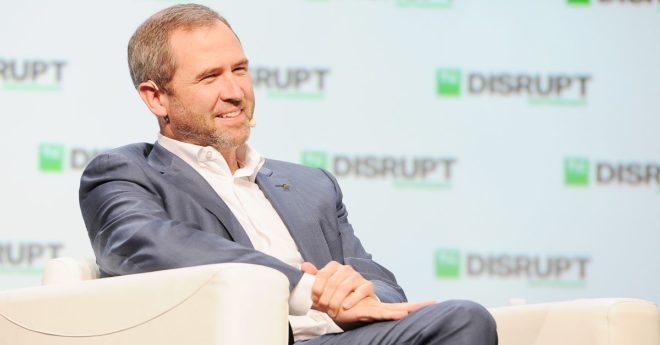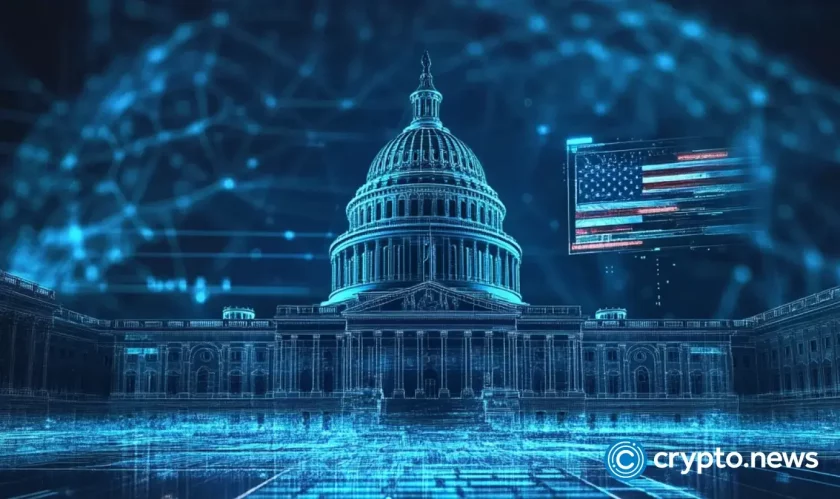On the second category of sales, programmatic sales, the Court found in Ripple’s favor, arguing that the third, “expectation of profits” prong of Howey was not met. “Ripple’s Programmatic Sales were blind bid/ask transactions,” the Court wrote, “and Programmatic Buyers could not have known if their payments of money went to Ripple, or any other seller of XRP” and as such “a Programmatic Buyer stood in the same shoes as a secondary market purchaser who did not know to whom or what it was paying its money.”
Ripple Labs Ruling Throws U.S. Crypto-Token Regulation into Disarray – Preston J Byrne



